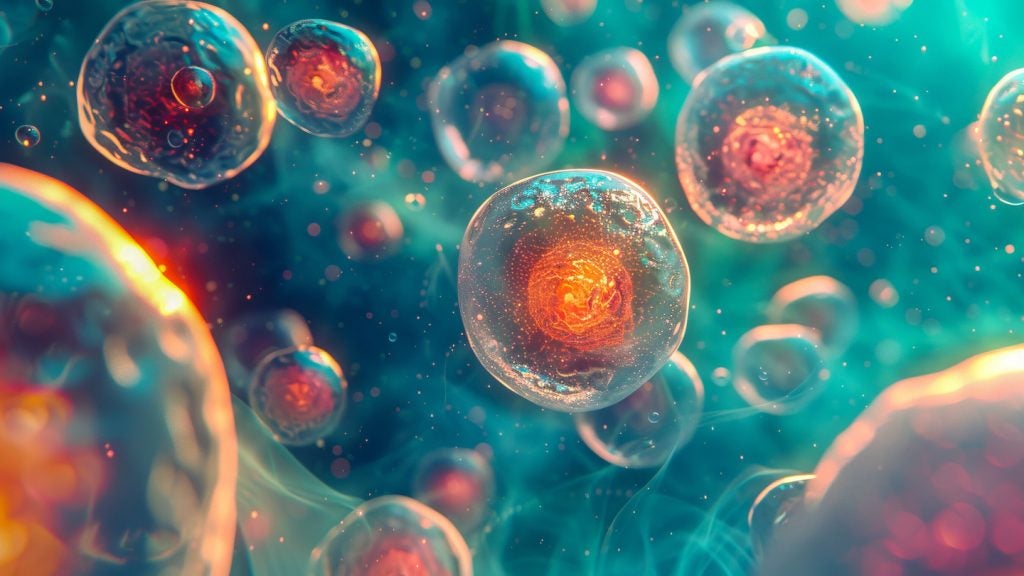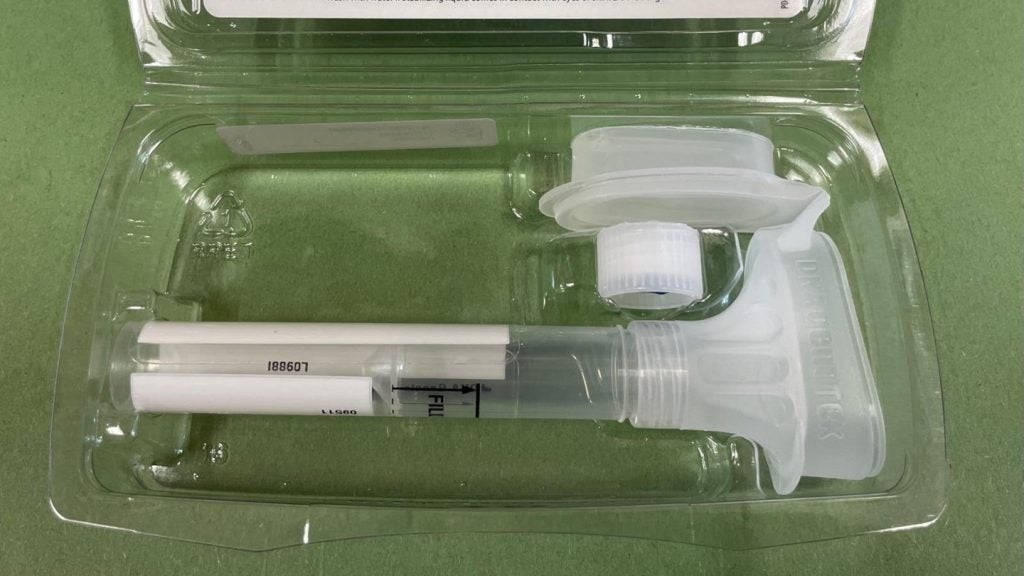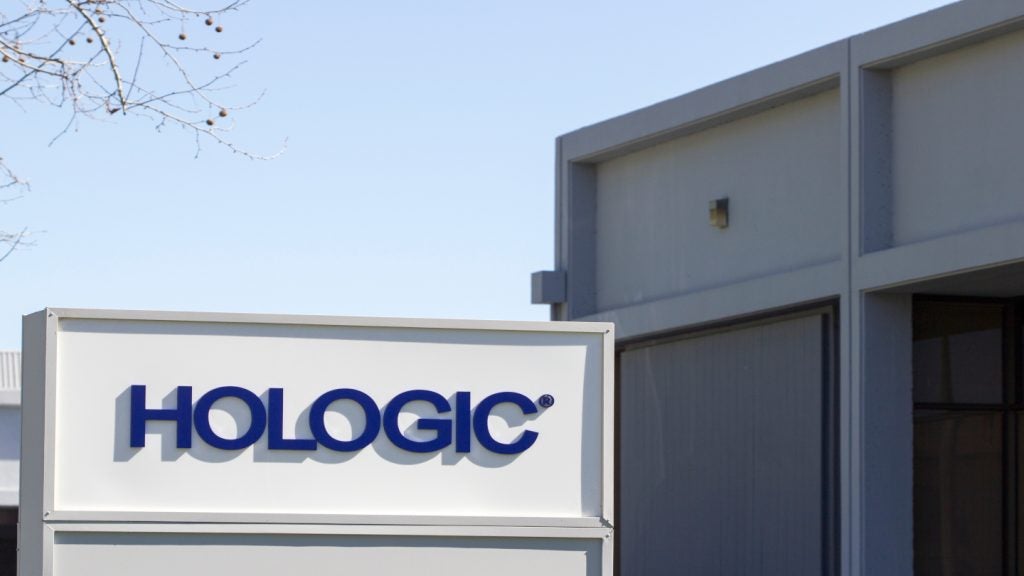Becton, Dickinson and Company (BD) has announced the commercial launch of automation-ready, robotics-compatible reagent kits designed for single-cell discovery studies.
The first in a series of high-throughput kits aim to bring consistency and increased efficiency to the large-scale analysis of genetic material.
The collaboration between BD and Hamilton has yielded an automated solution that standardises traditionally manual processes and accelerates material generation for genetic sequencing.
This solution comprises the BD OMICS-One XT WTA Assay and the Hamilton Microlab NGS STAR automated liquid-handling platform, which is already widely installed in laboratories across the globe. This allows for the seamless integration of the new BD assay into existing genomics workflows.
BD Biosciences worldwide president Steve Conly said: "By automating the complex library preparation process, researchers can scale their sample throughput and expect more consistent results, minimising the variability introduced by manual procedures.
"This standardisation is crucial for the reproducibility of experiments, which is a cornerstone of scientific research. The integration of Hamilton's robotics with BD's robotics-ready reagent kits can streamline workflows, reduce the potential for human error, and accelerate the pace of discovery in critical areas such as oncology and immunology."
In single-cell discovery studies, creating DNA libraries is a crucial initial step. Traditionally, this process has been labour-intensive and time-consuming, involving many manual steps. These challenges often result in inconsistent outcomes, reduced data quality, low throughput, high costs and long turnaround times.
Hamilton CEO Matt Hamilton said: "Hamilton's advanced automated solutions streamline scientific workflows, maximising the potential of single-cell multiomics research. Our partnership with BD furthers our mission to provide innovative technologies that accelerate groundbreaking discoveries in science and medicine."















